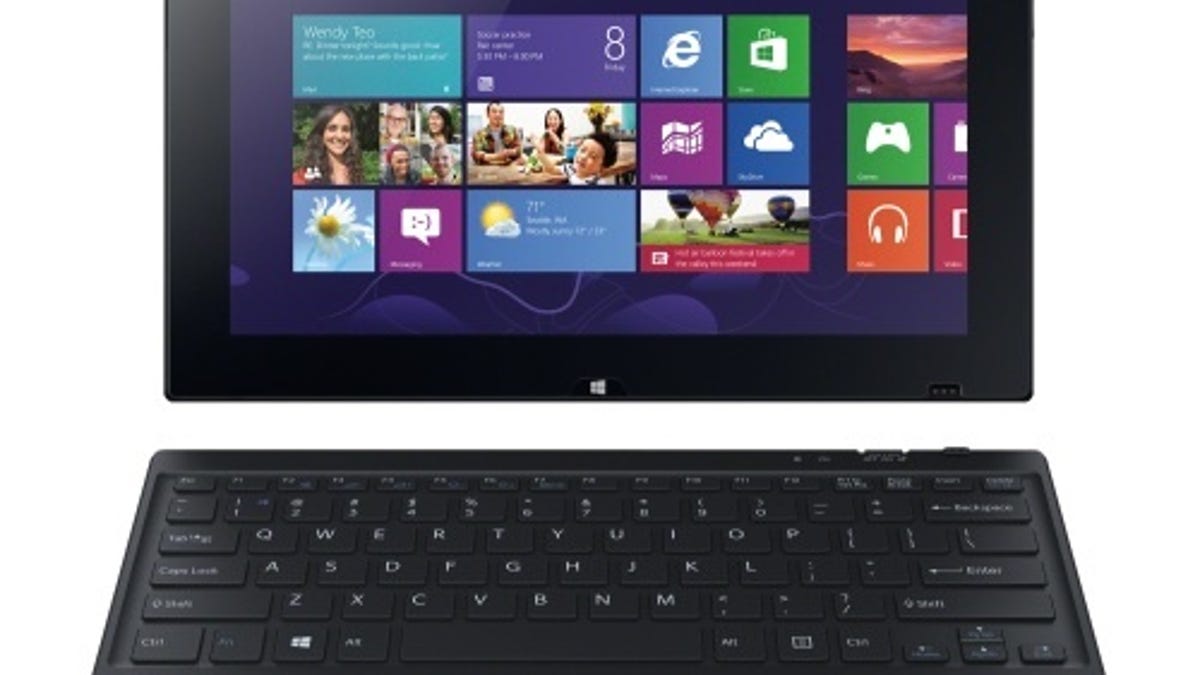Death of the PC, Sony style
Sony's exit from the PC business may be a lesson for rivals: don't bet the farm on consumer.

To Sony, the PC is dead. That's not death-spiral hype, it's fact.
Sony's Achilles Heel was its reliance on the consumer market, as some observers have been pointing out in the Japanese press.
But it wasn't that Sony was unsuccessful in the consumer market. Just overexposed.
Here's how Stephen Baker, an analyst at the NPD Group, put it.
Sony has not been unsuccessful in the PC business, especially recently, which makes this more puzzling. We would argue that Windows 8 actually provided an opportunity for Sony as a premium on design and product, especially around touch, has been positioned as an important part of the Win 8 market. With well-designed interesting products like the VAIO Flip and the VAIO Tap, Sony has found success.
For the first nine months after the Windows 8 launch Sony was the number two touchscreen notebook brand over $500, clearly their sweet spot, with 17 percent of the market and an average price of over $900. However, as prices have fallen over the back half of 2013 Sony fell back into its old product mistakes, not defending its core market well and unable to find a way to build on its early mover success, falling back to just 8 percent share over the last six months.
An 8 percent share isn't much for a big name like Sony. So, after much "agonizing," Sony management decided that it just couldn't stomach the prospect of a money-losing PC business inside of its already-struggling electronics operations and unloaded the Vaio PC.
At its peak Sony, shipped close to 9 million PCs annually, according to Nikkei. In 2013, Sony shipped several million fewer than that.
"In the end, [CEO Kazuo] Hirai decided it best to get Sony's digital engineers to focus on smartphones and tablets," Nikkei said.
Does that mean the demise of the PC for Hewlett-Packard, Dell, and Lenovo? No. HP and Dell, for example, don't need consumers to survive. Both of those companies have hordes of Fortune 500 clients and small- and medium-size business customers.
The death of the PC inside of Sony was a consumer thing. A market, not coincidentally, that Gartner isn't very optimistic about in its latest report for the fourth quarter of 2013.
"Holiday sales of technology products were strong in the U.S. market, but consumer spending during the holidays did not come back to PCs as tablets were one of the hottest holiday items," Gartner said.
That's a familiar refrain, which likely played a part in Sony jettisoning the PC business.

